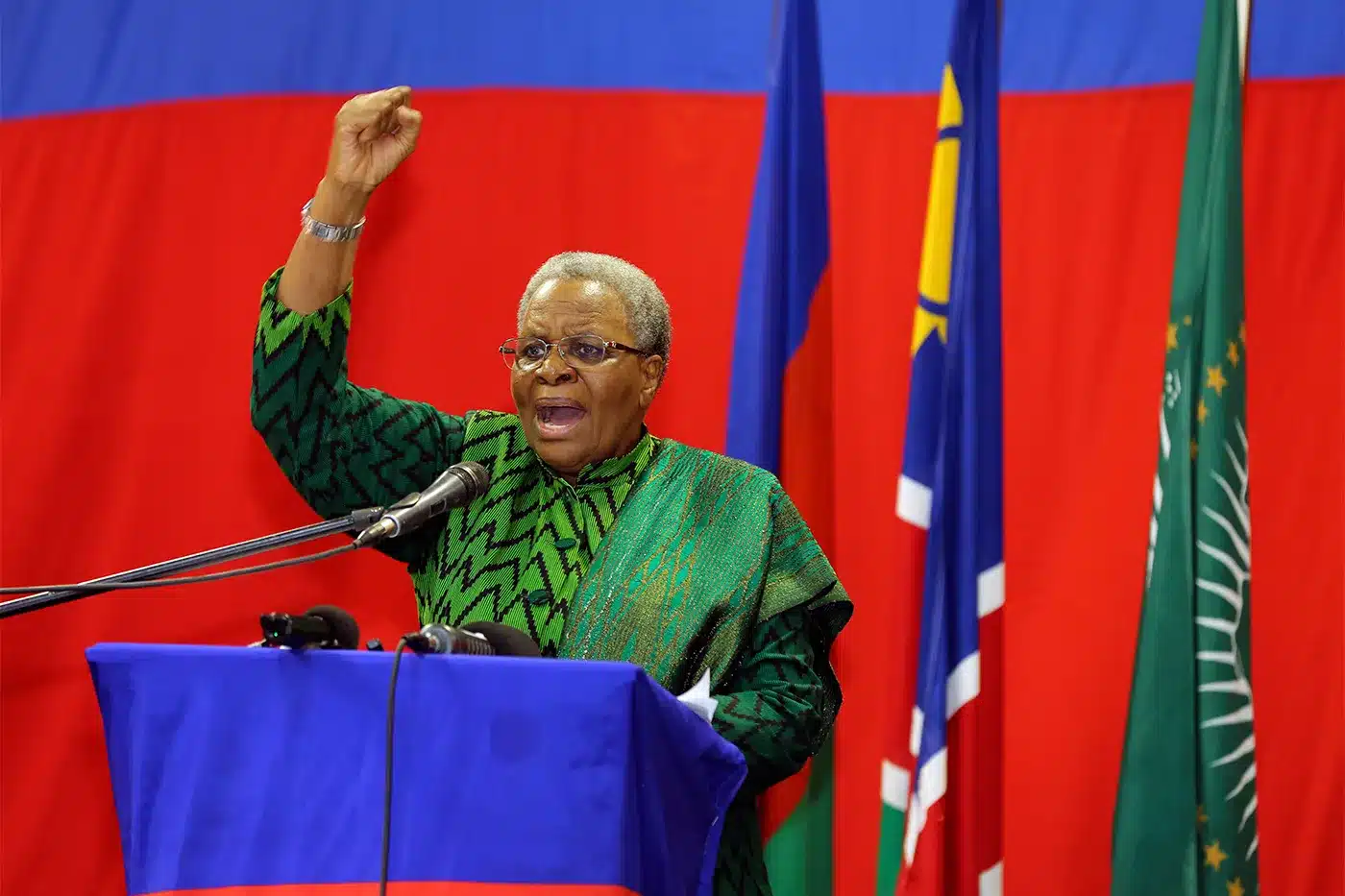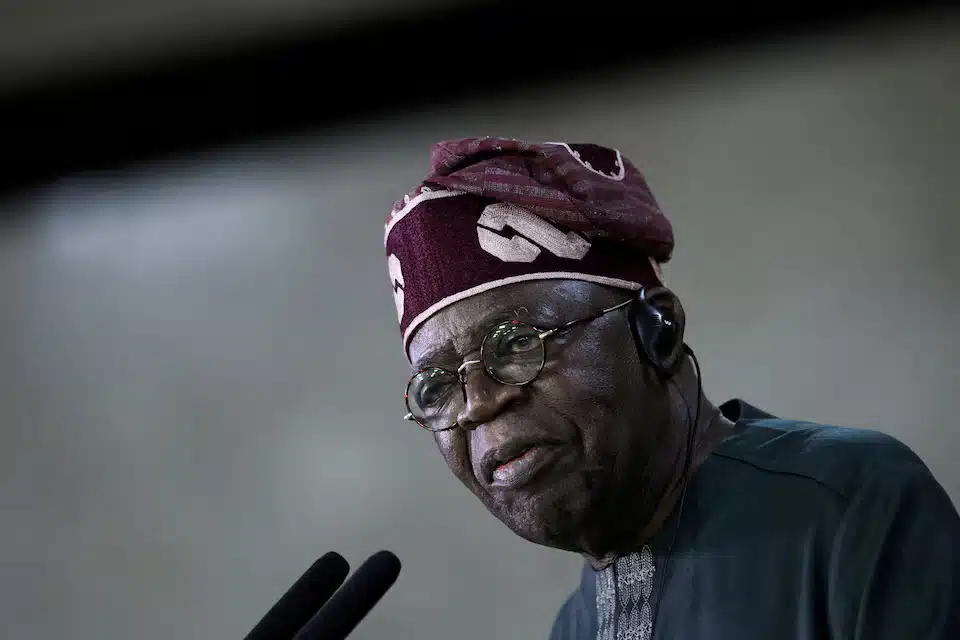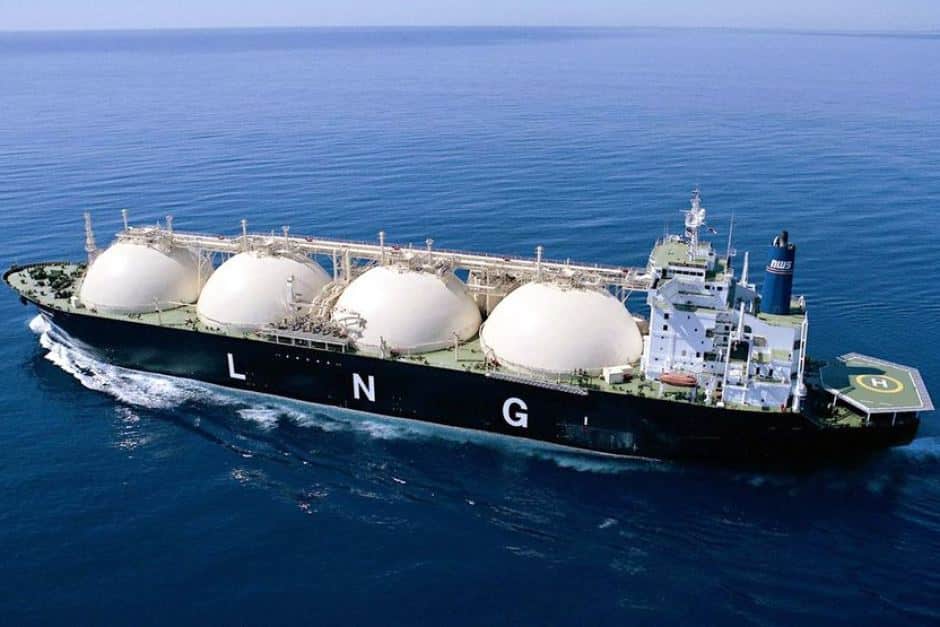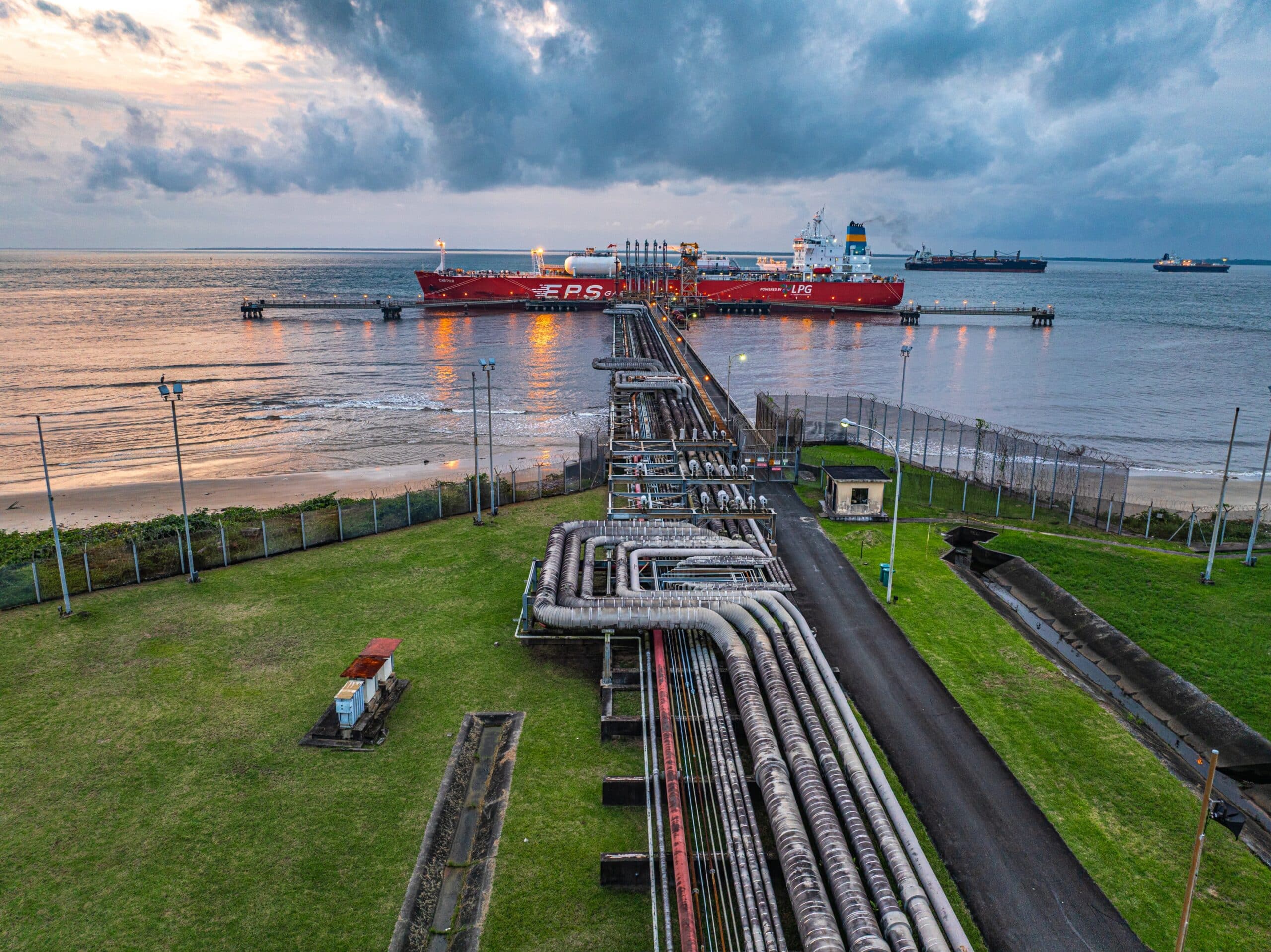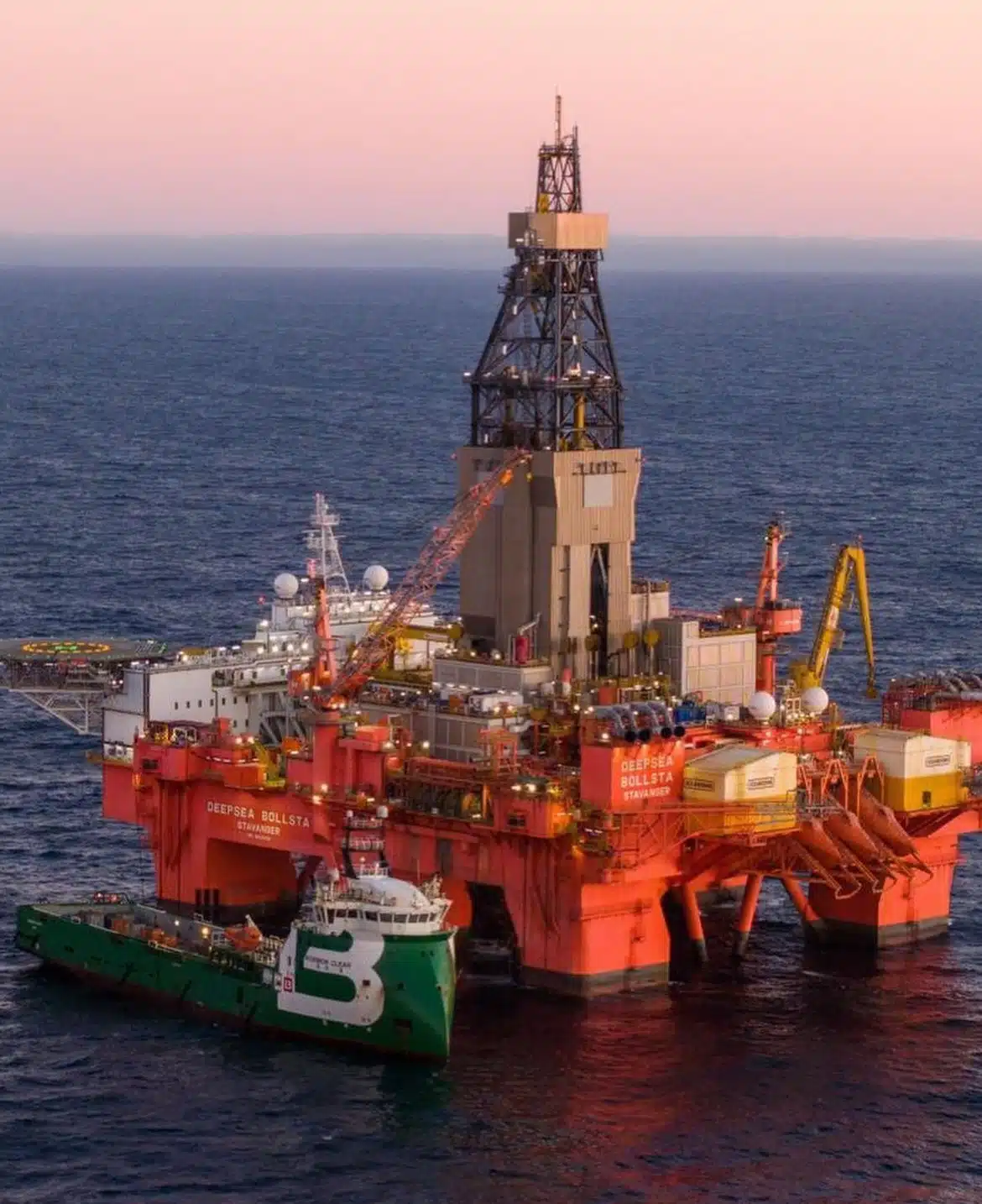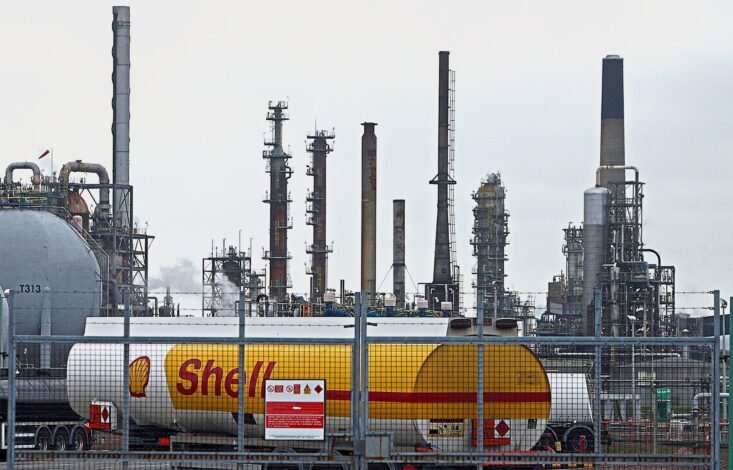When it comes to frontier markets for oil and gas, Namibia stands out among its peers.
With about an estimated 5 billion barrels in reserves beneath its ground and a new FID from oil major like Total underway, the southern African country poses huge potential for the black gold.
Namibia is a small country with a relatively over 2 million people, sitting in a vast landscape bordering other regional giants like Angola, Botswana, and South Africa.
Its rich Orange Basin deepwater low-cost barrels provide huge attractions for global investors.
The country is expected to produce its first commercial oil by 2030.
The politics beneath the surface
Meanwhile, as its petroleum industry formalizes, the potential for things to go right or wrong also sits beneath its political undercurrent.
For instance, the country’s newly elected president, Netumbo Nandi-Ndaitwah, continues to consolidate her power and control in its petroleum industry.
Following the stepdown of its veteran minister of petroleum, Tom Alweendo, Nandi-Ndaitwah has practically resumed the role and responsibilities of the minister.
Although after Alweendo’s exit, Natangwe Ithete was selected as the interim minister to oversee the nation’s industry, mining and energy industry.
But that didn’t last long, as the president had to let him go, fully taking ownership of the ministry.
In a statement on October 25, the office of the president announced the departure of Ithete with few details shed on why he was fired from the job.
“In the interest of ensuring continuity and effective coordination within this key sector, President Nandi-Ndaitwah will assume responsibility for the Ministry of Industry, Mines and Energy, effective immediately,” the statement said.
Industry watchers believe the move might be as a result of absence in shared vision between both parties, a legacy that also plagued the Alweendo era.
Now fully in charge, President Nandi-Ndaitwah will take over all petroleum contracts, negotiations and deals going forward with the help of top-level officials.
A recent report by Bloomberg also shows that the country is moving to pass a law to completely move the overseeing of oil and gas affairs to the office of the president.
The bill seeks to provide for the transfer of certain powers from the energy minister to the president and to the director-general of the upstream petroleum unit in the presidency, Bloomberg reports.
Some responsibilities held by the commissioner for petroleum affairs would move to a newly created deputy director-general within the upstream unit.
In short, most of the energy affairs will now be directly controlled by the state.
Of course, this in itself poses no risk to investors or oil players and might even help streamline operations and reduce bureaucracy and bottleneck in the sector.
President Nandi-Ndaitwah’s argument has been to maintain a corrupt-free energy sector and consolidate efficiency as the nation awaits the new billions of dollars FID in 2026 from French major, TotalEnergies.
However, the concern of over-politicization of a burgeoning sector can be a challenge for investors and oil firms alike.
It is not unheard of that oil-rich nations tend to focus their oil wealth in the seat of power, with the state having a major share in how businesses operate in their regions.
Whether it is Angola’s Sonangol, Nigeria’s NNPC Limited or the parochial control by the Saudi monarch of Aramco, oil and gas, unlike other industries, still find it difficult to maintain full autonomy.
But while those other countries have formalized years of experience with energy companies, Namibia remains a frontier nation with a brittle industry’s potential.
On the surface, politicization may not seem to be a big deal in itself, but its domino effect could mean oil majors wary of policy mismatch and interest overlap that autonomy evades.
In April, for instance, Shell wrote down $400 million on an exploration block in Graff.
The firm also later stated that it is quitting further exploration in the country, as it now focuses such investment in other regions.
No, Shell is not exiting Namibia, but the full burden of operation has made it scale back in recent times.
The fact is, this type of challenge is something that seasoned technocrat in the industry help manage when appointed to handle things.
The president may in herself not have the expertise, experience and dedication to see through the unraveling of a difficult hydrocarbon deal or company.
An industry expert, for instance, observed that most oil firms in the country find it difficult to access the president or even know where to turn when it comes to dealing with issues.
“The challenge with Namibia is that there are very few people to deal with as an energy firm. Often, oil companies lament red tape and excessive bureaucracy in most oil-rich nations, but in Namibia the opposite is the concern,” she said.
Lessons from across the continent
But beyond officials themselves, it is also imperative that countries with rich resources move closer and closer to institutional autonomy to consolidate growth.
There is no shortage of examples in Africa where politically vested interests have stalled oil and gas projects for decades.
In Nigeria, for example, political interference led to decades of absence of exploration and renewed offshore investments.
Prior to 2023, Nigeria’s oil and gas industry went through a 12-year investment drought mostly due to the absence of institutional autonomy.
Interestingly, the former president of Nigeria also became the minister of petroleum resources, the first time since the country’s democracy in 1999.
An industry observer described the moment as a period of widespread uncertainty and policy mismatch in the sector.
The result was the divestments of oil assets by supermajors including Shell and Exxon.
Equinor, on its own part, ended its 31 years partnership with the country, selling its assets to Chappal.
Political interferences have also stalled major projects in other places like Angola, Libya, Congo and Uganda.
The Uganda $5 billion inter-regional pipeline has faced different political interference, leading to various postponements of completion deadlines.
Bottom line
Namibia stands at a crossroads, with international investors taking note of the country’s political direction.
The new law may help curb inefficiency, consolidate authority and ensure a seamless flow of oil and gas operations.
Again, the reverse may be the case.
For a country still learning the ropes of the oil business, the gamble with politicization may ultimately cost more than its government is prepared to bear.

